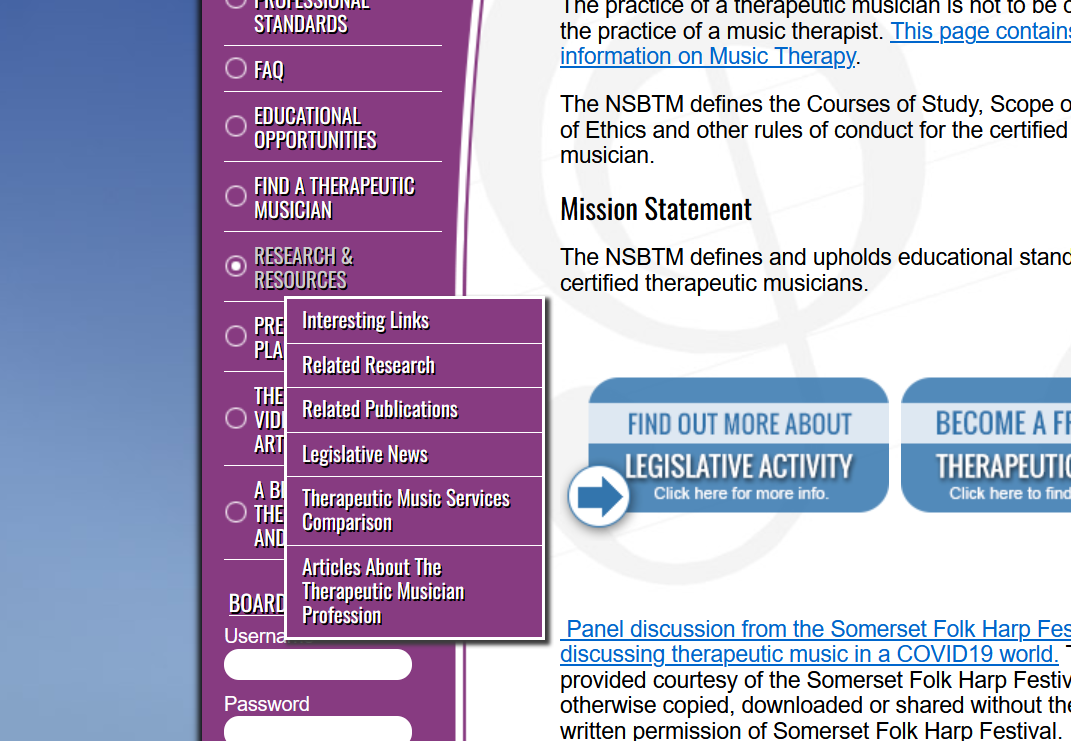
A growing body of evidence suggests that therapeutic music is very effective in healthcare settings.
The National Standards Board for Therapeutic Musicians (NSBTM) enables access to research on this topic on their Web site:
https://nsbtm.org look for for the menu item "Research and Resources."

For pain, anxiety, cognitive impairment/dementia, and Parkinson's disease, the National Center for Complementary and Integrative Health, within the National Institutes of Health, have reported the following: Music and Health: What the Science Says | NCCIH (nih.gov)
As the use of music in healthcare, and especially therapeutic music, is evolving, this is an area needing more funding for research. Not all of the studies were conclusive, and some of the studies lacked a sufficient number of subjects to make it statistically relevant. Nevertheless, the findings of the studies were promising, and more research funding needs to be allocated for future studies.
Sarajane Williams has been the pioneer behind the Harp Therapy Journal. From her Web site:
Since its launch in 1996, the Harp Therapy Journal has been dedicated to furthering education, research, communication and awareness in the emerging field of harp therapy. Publishing Editor Sarajane Williams conceived the journal as a vehicle for harp therapists, harpists, music therapists, physicians, nurses, researchers, psychologists, physicists, educators and harp music lovers to share ideas and information on the subject.
Lisa Lynne is an multi-instrumentalist and has played Celtic harp for over 25 years. She is passionate about getting peoples' hands on harps, in addition to being the founder of Harps for Hearts, centered at the City of Hope National Cancer Center in Duarte, California.
Accomplished harpist and multi-instrumentalist Laurie Riley has recorded over a dozen harp albums and has been one of the founders of the therapeutic music movement. She founded the Music for Healing and Transition Program and developed the Clinical Musician Certification Program.